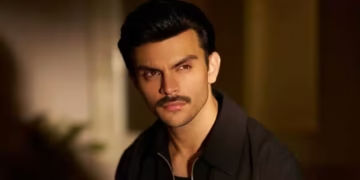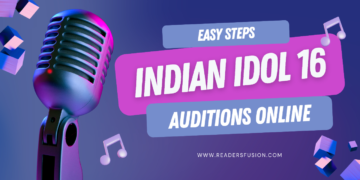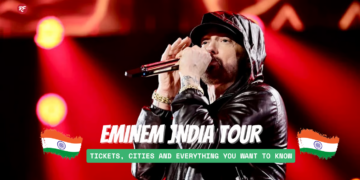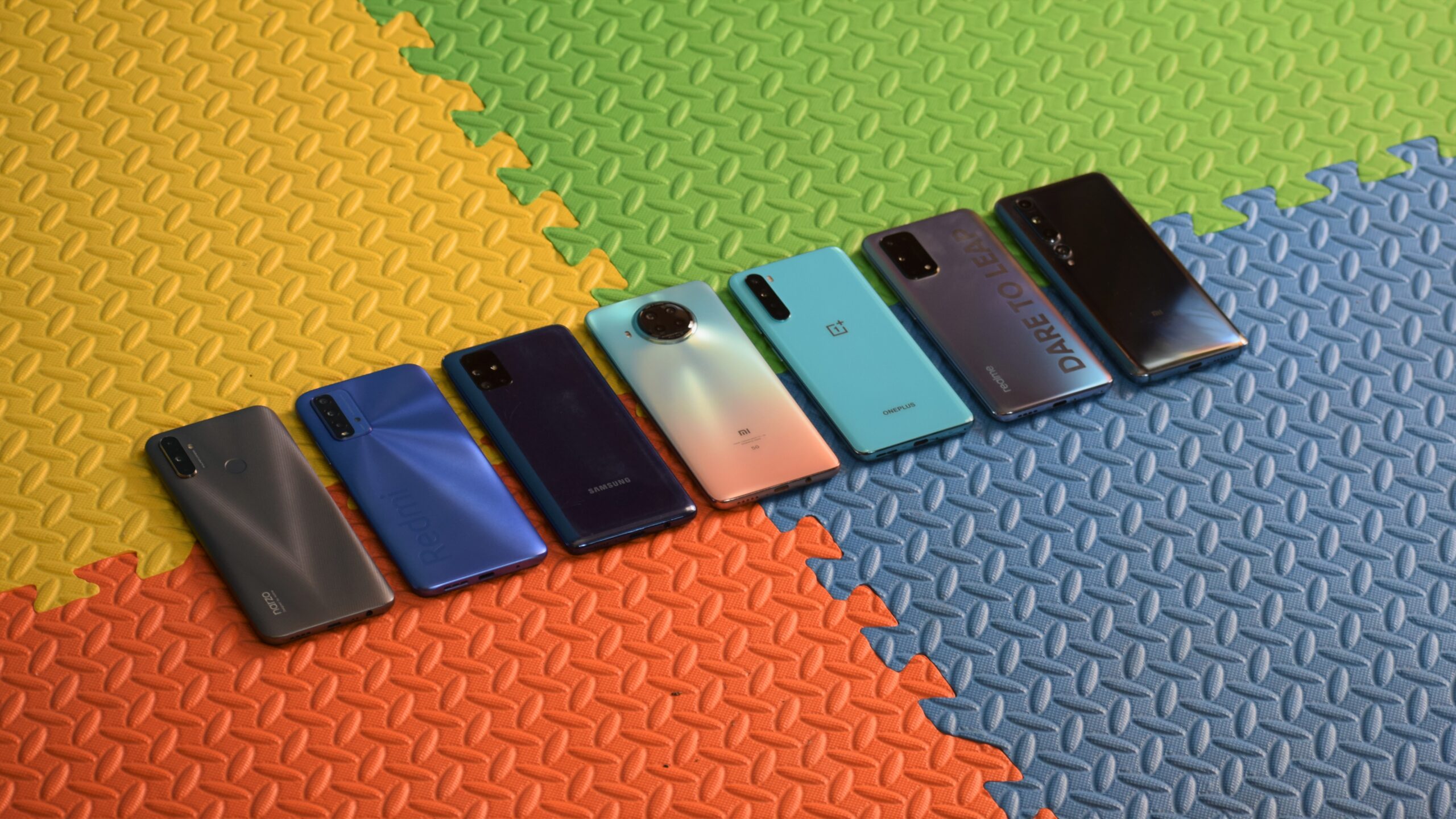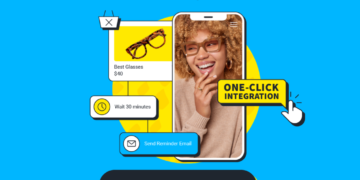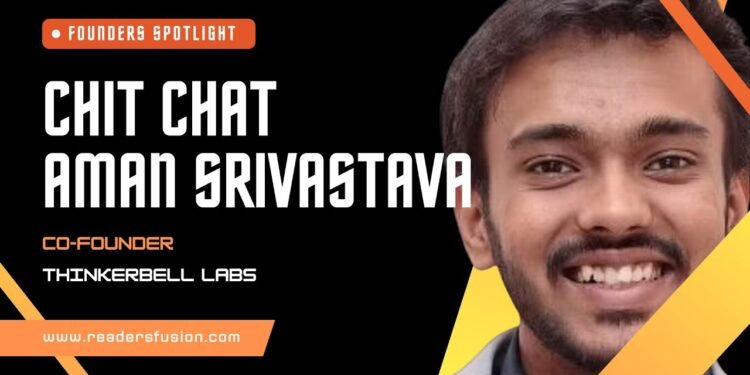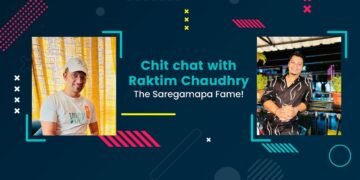Q. How did ThinkerBell Labs evolve from a research project to a leader in Braille literacy?
A: Certainly! ThinkerBell Labs began its journey back in 2014 with a simple but profound goal: to improve literacy rates, particularly in reading, among visually impaired students. We quickly realized that traditional methods, whether audio-based or tactile, were insufficient on their own. So, we set out to integrate these methods into a cohesive approach. This led to the development of our product, Annie, designed to enhance Braille literacy through interactive experiences. We believed that by making learning engaging and motivating, we could create a dynamic learning environment for visually impaired students.
Q. Explain Annie to Polly transition and APH’s role in it?
A: Certainly. About three years ago, we began collaborating with the American Printing House for the Blind (APH). They were intrigued by Annie’s concept, which aimed to create a dynamic learning environment for visually impaired students. However, since APH is a non-profit organization that works closely with the US government, they had specific branding requirements.
This led to the transformation of Annie into Polly, which was tailored to align with the educational outcomes of the US curriculum. The rebranding was a collaborative effort with APH to establish a unique identity for the American market.
Also check: Love for cricket, Mani Ratnam, Om Puri & more : Delhii Heights director Anand Kumar’s tell-all
Q: ThinkerBell Labs received the prestigious name of “Best Inventions of 2022.” Can you share how this honor came about and what it means to you?
A: It was indeed an incredible surprise for us to be recognized by Time Magazine as one of the “Best Inventions of 2022” for Polly. We decided to apply for this prestigious list as we explored avenues to maximize our product’s impact in the US market. Honestly, we had no expectations of success, but we believed in our product and gave it a shot. The recognition from Time Magazine has been an amazing validation of our work and has brought significant attention to our mission. It’s a tremendous honor that motivates us to continue our efforts in making Braille literacy accessible to all.
Q: How did appearing on Shark Tank India benefit ThinkerBell Labs in terms of growth and visibility?
A: Shark Tank India has been an incredible experience for us. It’s important to note that, for maximum benefit, your product must be ready for the market before participating in such platforms. Shark Tank is like compressing five investor meetings into one intense encounter. The key takeaway for entrepreneurs is readiness. The support and guidance from the Shark Tank team have been invaluable, not only during the televised pitch but also in preparing for the show and crafting effective pitches. Each of the “sharks” brings unique expertise to the table, and we are grateful for the ongoing collaboration with them, including Anju Bobby George, Anand Mahindra, and Namitha.
Q: What is Braille, and how does Polly improve Braille literacy for visually impaired individuals?
A: Of course. Braille is a tactile script used by visually impaired individuals for reading and writing. Traditional Braille teaching methods are often labor-intensive and require significant hands-on guidance, limiting scalability. Polly, on the other hand, empowers both students and educators. It offers interactive lessons and games that make learning engaging and accessible. Our aim is to make Braille learning a more enjoyable and efficient experience, bridging the gap in educational opportunities for visually impaired students.
Q: How might collaborations with assistive tech providers like Gravity and Monarch revolutionize accessibility for the visually impaired?
A: Certainly. Devices like Gravity and Monarch focus on tactile graphics and display technology. In contrast, ThinkerBell Labs aims to contribute content and learning experiences that complement their hardware. These partnerships have the potential to revolutionize the accessibility landscape for visually impaired individuals. By combining their hardware capabilities with our content and learning solutions, we can create a more holistic and engaging learning experience. This collaboration could be a game-changer in making education more accessible to all.
Q: What advice or life lesson would you like to share with aspiring entrepreneurs and change-makers?
A: My advice is simple but crucial: persistence is key. Whether things are going well or facing challenges, keep moving forward. The entrepreneurial journey is unique to each individual, and it’s easy to get discouraged by the ups and downs. However, maintaining your commitment and adaptability is what will ultimately lead to success. Keep going, keep learning, and stay focused on your mission.


